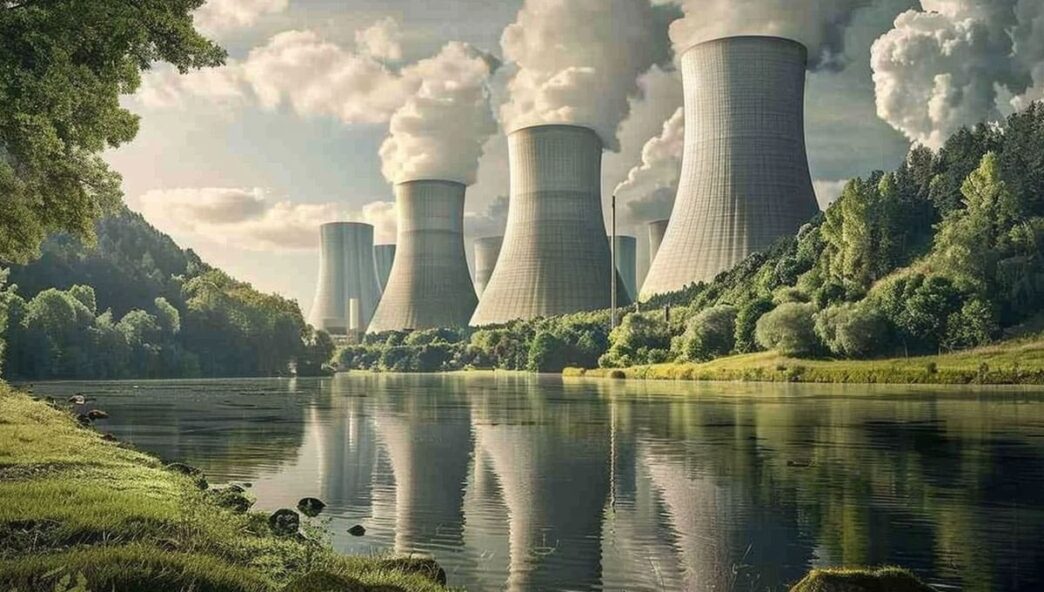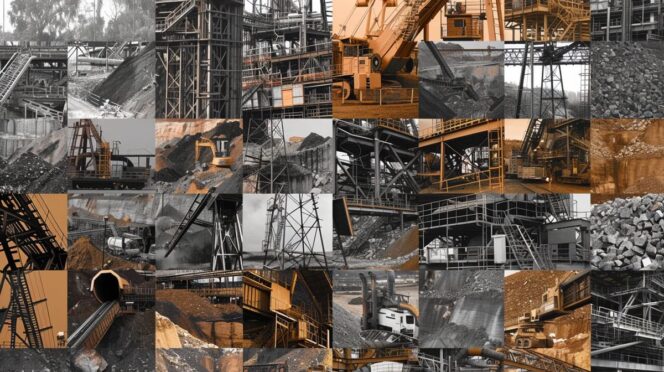Table of Contents Show
The Growing Role of Nuclear Power in the Clean Energy Transition
The demand for uranium is expected to grow significantly in the coming years, driven by several factors. One of the primary drivers is the increasing global commitment to nuclear power as a low-carbon energy source. As countries around the world set ambitious targets to reduce greenhouse gas emissions and combat climate change, nuclear power is emerging as a crucial component of the clean energy mix.
The benefits of nuclear energy have come clearly into focus with a durability we believe has not been previously seen. This is driven by the accountability for achieving the net-zero carbon emissions goals being set by countries and companies around the world.
Tim Gitzel, President and CEO of Cameco Corporation
Governments and utilities are recognizing the importance of nuclear power in meeting their climate goals and energy security needs. This recognition is leading to a wave of new reactor construction and life extensions for existing plants. According to the World Nuclear Association, there are currently 440 nuclear reactors operating in 33 countries, providing about 10% of the world’s electricity. Additionally, 90 nuclear reactors are on order or planned, with over 300 more in the proposal stage.
The Need for Reliable Baseload Power
Another factor driving the growth in uranium demand is the need for reliable baseload power to complement intermittent renewable energy sources. While solar and wind power are essential for reducing carbon emissions, they are dependent on weather conditions and cannot provide a consistent supply of electricity. Nuclear power, on the other hand, can generate electricity around the clock, regardless of weather conditions.
As countries increasingly rely on renewable energy sources, the importance of having a stable baseload power source becomes even more critical. Nuclear power can fill this role, ensuring a reliable and consistent supply of electricity to support the growing demand for clean energy.
The Emergence of Small Modular Reactors (SMRs) and Nuclear-Powered Data Centers
The emergence of small modular reactors (SMRs) and the growing trend of nuclear-powered data centers are also contributing to the growth in uranium demand. SMRs are smaller, more flexible, and more cost-effective than traditional large-scale nuclear reactors. They can be manufactured in factories and transported to the site of use, reducing construction time and costs. As the technology advances and becomes more widely adopted, SMRs are expected to play an increasingly important role in the global nuclear power industry.
Moreover, the growing demand for clean and reliable electricity in the data center industry is driving interest in nuclear power. Nuclear-powered data centers can provide a stable, carbon-free power source, ensuring the uninterrupted operation of critical digital infrastructure.
FAQ:
- What are the main factors driving the growth in uranium demand?
The main factors driving the growth in uranium demand are the increasing global commitment to nuclear power as a low-carbon energy source, the need for reliable baseload power, the emergence of small modular reactors (SMRs), and the growing trend of nuclear-powered data centers. - How many nuclear reactors are currently operating worldwide?
According to the World Nuclear Association, there are currently 440 nuclear reactors operating in 33 countries, providing about 10% of the world’s electricity. - Why is nuclear power important for the clean energy transition?
Nuclear power is important for the clean energy transition because it provides a reliable, low-carbon baseload power source that can complement intermittent renewable energy sources like solar and wind power. - What are small modular reactors (SMRs), and how do they contribute to uranium demand?
Small modular reactors (SMRs) are smaller, more flexible, and more cost-effective than traditional large-scale nuclear reactors. As SMRs become more widely adopted, they are expected to contribute to the growth in uranium demand. - How can nuclear power support the data center industry?
Nuclear power can provide a stable, carbon-free power source for data centers, ensuring the uninterrupted operation of critical digital infrastructure and contributing to the growing demand for clean and reliable electricity in the industry.





